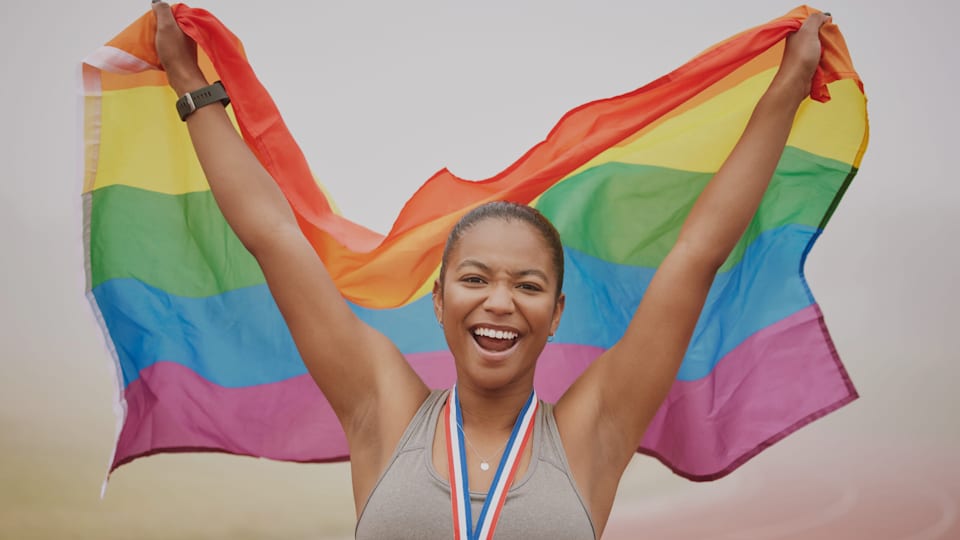Fier-Play and Paris 2024 announce formalisation of 24th Pride House for the upcoming Olympic and Paralympic Games
The Pride House will be a welcoming and inclusive physical and digital space with the aim of fighting against discrimination and making LGBTI+ people in sport less invisible.

The Fier-Play Association and Paris 2024 have announced the formalisation of the creation of the 24th Pride House, which will be in operation throughout the period of next year’s Olympic and Paralympic Games Paris 2024.
The announcement on 17 May, the International Day Against Homophobia, Transphobia and Biphobia, was made by Paris 2024 President Tony Estanguet, who said:
"At Paris 2024, we are convinced that sport changes lives, and that it is also a formidable tool for changing mentalities and contributing to the fight against discrimination. As organisers of the world's biggest sporting event, we have a responsibility, and we also want to take advantage of the visibility of the Games to advance this essential fight. This is why on this 17th of May, the International Day Against Homophobia, Biphobia and Transphobia, we are very happy to participate in the Pride House project, which will be a place of exchange and celebration for LGBTI+ people and their allies in 2024."
The Pride House at Paris 2024 will follow a long tradition, which stretches back to the first Pride House at the Vancouver 2010 Olympic Winter and Paralympic Games. It aims to fight against discrimination and make LGBTI+ people in sport less invisible.
Joint President of the Fier-Play Association Frédérique Vidal welcomed the announcement, saying: “It is with the strength of our partners and our volunteers that we can bring to life, together, this project for a more inclusive sport and for us all to live together in a better way.”
As well as having a Central Pride House, where the festive, cultural, sports and educational programme is based, the initiative will be open to people across the world with a Mobile Pride House that will travel to different venues at the Games and around Paris, and a Digital Pride House, which will be available on smartphones.
Each of these forms of Pride House will support three main objectives:
- To experience a unique event, celebrating the Games and promoting exchanges between out athletes and allies.
- To educate and provide training, offering educational tools to the general public, and providing recommendations and a common approach for the whole of the sports movement concerning the inclusion of LGBTI+ people in and through sport.
- To build awareness and visibility, i.e. make the general public aware of the subject of LGBTI+ people in sport and make these people less invisible, while calling for the universal depenalisation of homosexuality.
